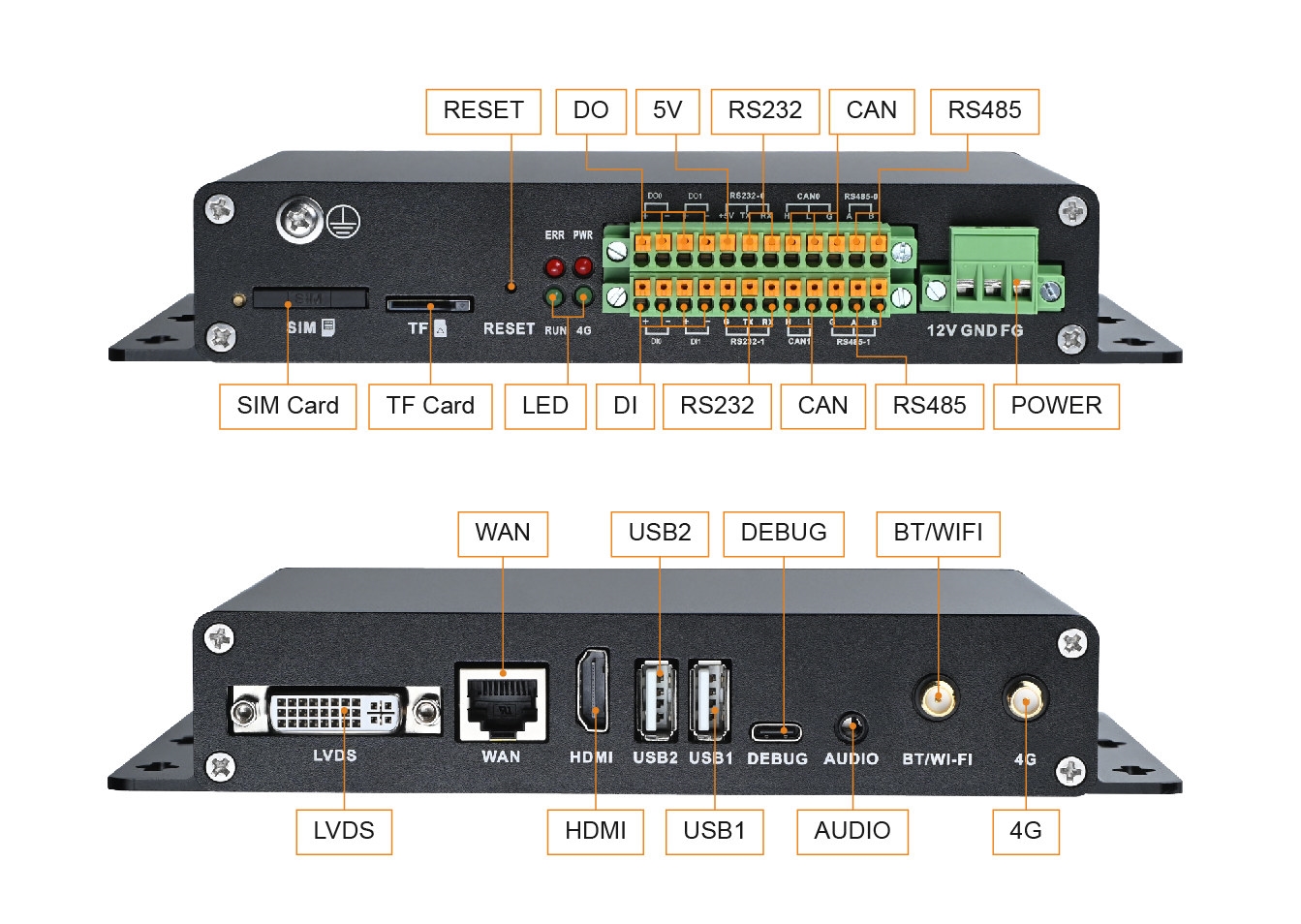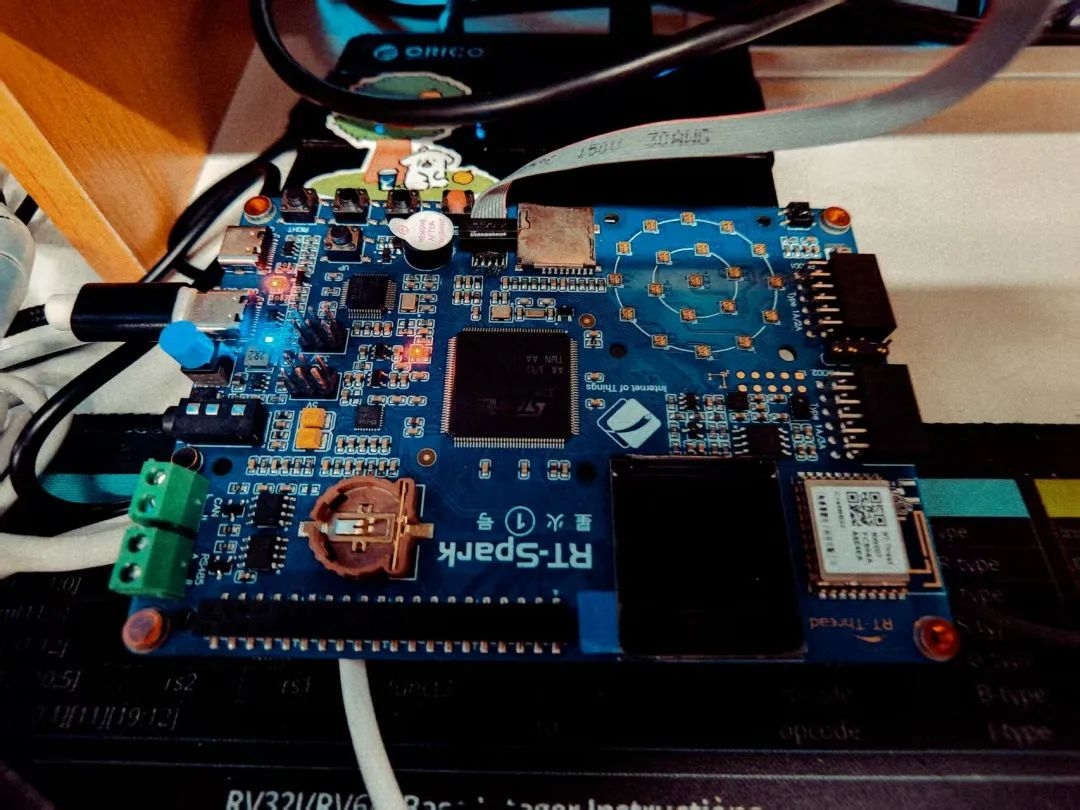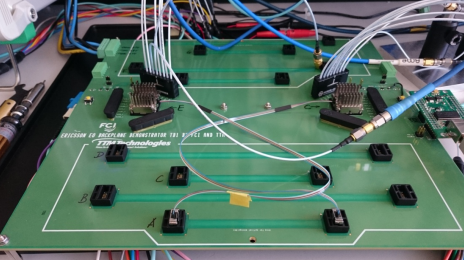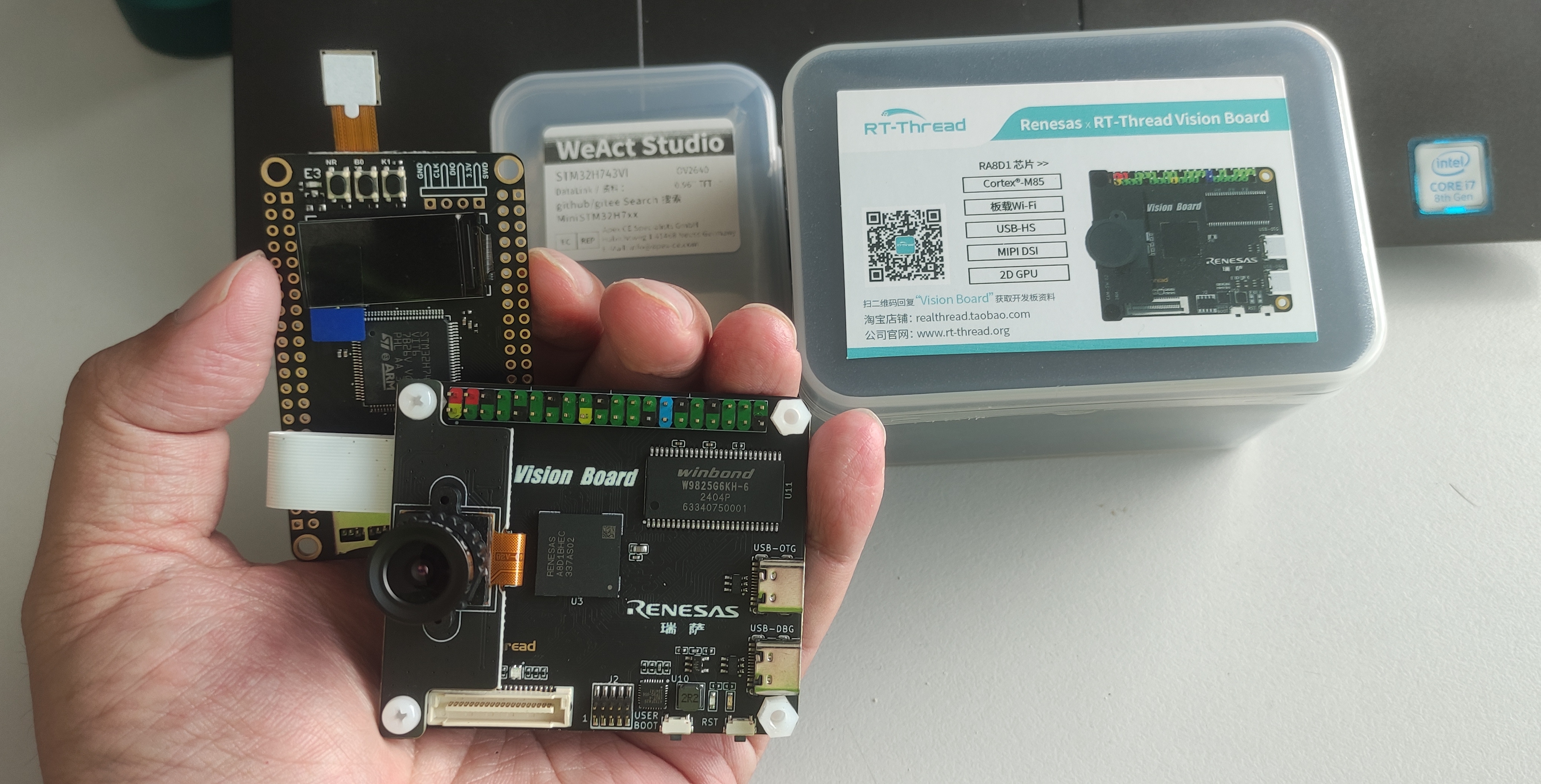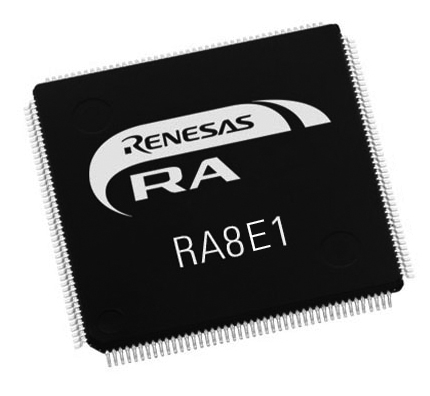Concept of a Real-Time Operating System
A Real-Time Operating System (RTOS) is an operating system designed specifically for embedded systems and time-critical applications. Its primary function is to ensure that the system responds to critical events within a predictable timeframe. These events can originate externally, such as a button press, or internally, such as receiving a data character.
In a system using an RTOS, a program is typically divided into multiple independent tasks. Each task is assigned a priority, and the RTOS ensures that the highest-priority task that is ready to run is executed first. If a task is waiting for an event (like sensor data or a timer expiration), it is suspended until the condition is met, allowing other tasks to run without being blocked.
Concept of a Real-Time Kernel
An RTOS not only manages task execution but also provides resources such as TCP/IP networking stacks, file systems, and time management mechanisms, which help developers build complex applications efficiently.
The "kernel" is the core component of an RTOS and is responsible for three main functions:
- Task Management: Deciding which task should run and when.
- Inter-task Communication: Enabling communication between different tasks, for example, through message queues or events.
- Synchronization Mechanisms: Coordinating tasks to prevent resource conflicts.
A common example of an RTOS is FreeRTOS. It is an open-source, lightweight real-time kernel widely used in embedded development for applications such as IoT devices, industrial control, and smart home systems.
Concept of a Real-Time Scheduler
The terms "real-time scheduler" and "real-time kernel" are sometimes used interchangeably, but they refer to related yet distinct concepts.
Simply put, the real-time scheduler is a part of the RTOS kernel. Its responsibility is to determine which task should be executed at any given moment. When multiple tasks are ready to run, the scheduler selects the most appropriate one based on their priority and state.
The real-time kernel, on the other hand, is the central component of the RTOS. In addition to including the scheduler, it handles key functions like task management, communication, and synchronization.
 ALLPCB
ALLPCB


